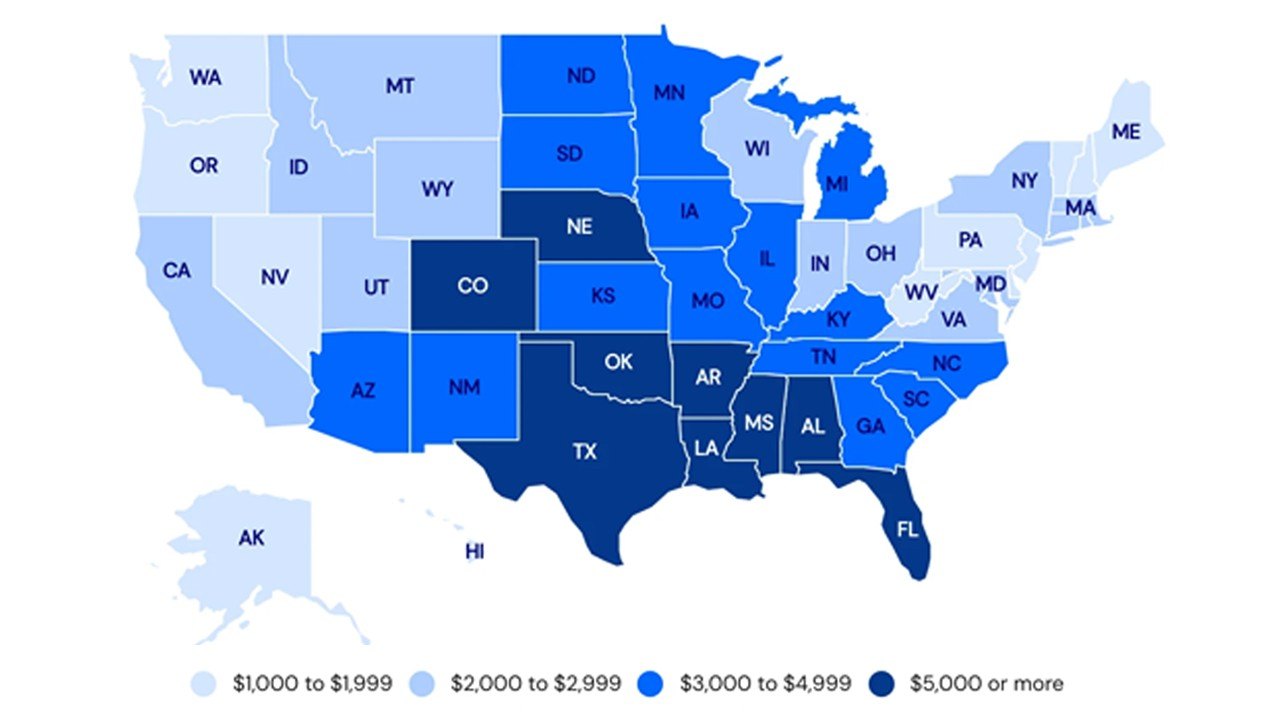Summary
Those planning to retire in 2030 and beyond could be hit with a hefty 15,000 burden if the personal allowance tax freeze is extended, new data reveals. The increased cost of maintaining their current lifestyle is due to fiscal drag, a result of rising state pensions, escalating living costs and frozen income tax rates.
Source: Cornwall Live

AI News Q&A (Free Content)
Q1: What is the impact of fiscal drag on pensioners planning to retire in 2030?
A1: Fiscal drag occurs when tax thresholds, such as personal allowances, are not adjusted in line with inflation. As a result, pensioners who plan to retire in 2030 may face an increased tax burden. The personal allowance tax freeze means more of their income is taxed, leading to a potential cost increase of up to £15,000 over their retirement period. This is due to rising state pensions and living costs not being matched by increases in tax-free allowances.
Q2: How does the personal allowance tax freeze affect retirement savings decisions?
A2: The personal allowance tax freeze can make retirement savings less effective as more income may be subject to taxation, reducing disposable income. This might prompt individuals to adjust their savings strategies, potentially increasing contributions to tax-advantaged retirement accounts to minimize taxable income. Additionally, it could affect decisions on when to retire, as individuals might need to extend their working years to maintain their desired retirement lifestyle.
Q3: What strategies might pensioners consider to mitigate the effects of fiscal drag?
A3: Pensioners can explore various strategies to mitigate fiscal drag, such as increasing contributions to pension plans that offer tax relief, utilizing catch-up contributions if available, and strategically withdrawing from retirement accounts to manage tax liabilities. Additionally, seeking financial advice to optimize investment portfolios and consider tax-efficient investment vehicles can help counteract the effects of fiscal drag.
Q4: What are the broader economic implications of a personal tax allowance freeze?
A4: A personal tax allowance freeze can lead to increased tax revenues for the government but might also reduce consumer spending due to higher effective taxation. This can slow economic growth, as reduced disposable income diminishes consumers' purchasing power. In the long run, it could also affect savings rates and investment decisions across the economy, potentially impacting financial markets and economic stability.
Q5: How does the tax allowance freeze relate to changes in retirement patterns observed during the COVID-19 pandemic?
A5: During the COVID-19 pandemic, retirement savings patterns shifted, with some individuals increasing withdrawals due to financial strain, while others maintained or increased contributions due to market volatility. The tax allowance freeze may amplify such behaviors, as individuals seek to optimize their tax position. The pandemic highlighted the importance of flexible retirement planning, which is crucial in adapting to policy changes like tax allowance freezes.
Q6: What role do tax policies play in influencing retirement decisions for older workers?
A6: Tax policies significantly influence retirement decisions by affecting disposable income and the attractiveness of continued employment. For older workers, policies such as the personal allowance tax freeze can incentivize delayed retirement to compensate for higher tax liabilities. Conversely, tax incentives or credits for retirement contributions can encourage earlier retirement by enhancing financial security.
Q7: What scholarly insights exist on the intersection of tax policy and retirement planning?
A7: Recent scholarly articles highlight the complex interaction between tax policy and retirement planning. For instance, studies have shown that policies extending pension eligibility age or introducing tax credits can impact labor supply and welfare. Innovative tax strategies, such as exempting pension benefits from income taxation, could enhance labor market participation and economic welfare, demonstrating the intricate balance policymakers must maintain in designing tax systems.
References:
- Changes in Retirement Savings During the COVID Pandemic
- Part-Time Penalties and Heterogeneous Retirement Decisions
- 2024 United Kingdom general election
- 2012 United Kingdom budget


